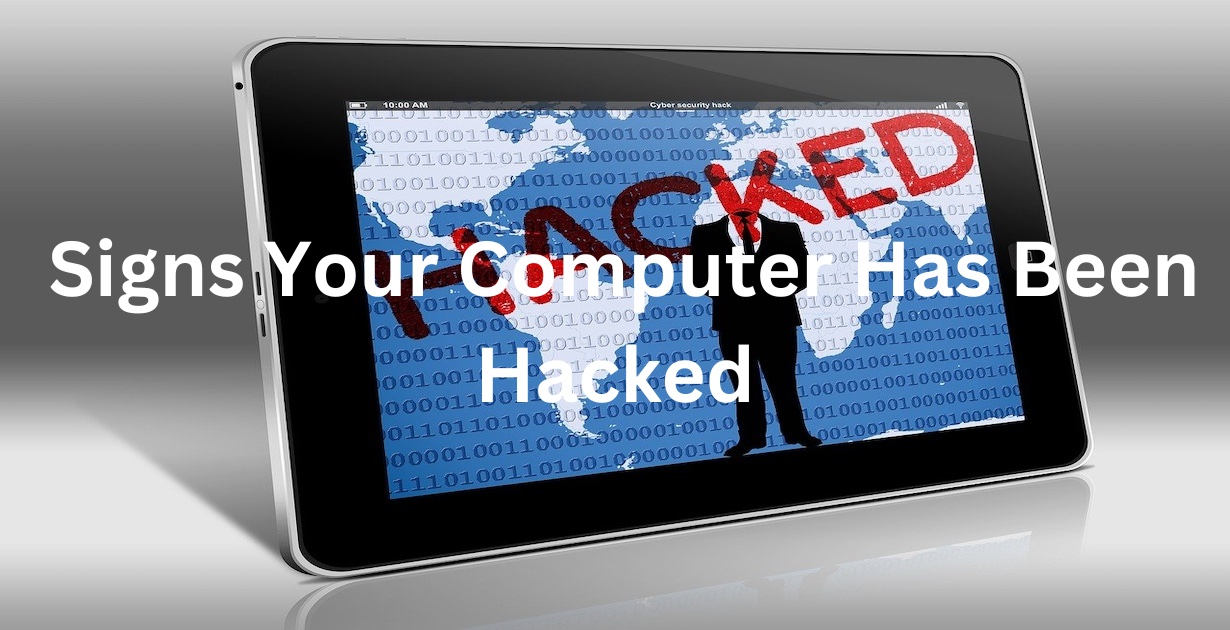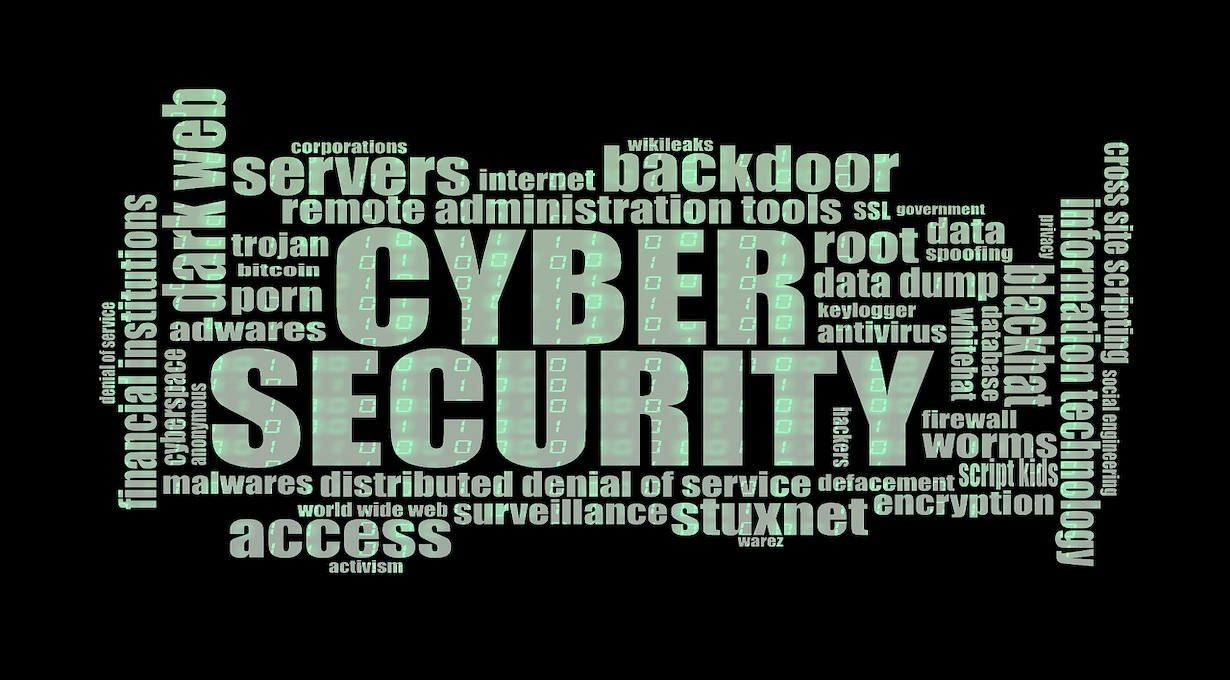7 Signs Your Computer Has Been Hacked

In today's digital age, computer hacks have become a common threat to individuals and businesses alike. Signs your computer has been hacked are not always obvious, and it's crucial to be proactive in preventing them from happening in the first place. In this blog post, we'll discuss how to identify if your computer has been hacked and provide valuable tips on preventing future cyber attacks.
Preventing a Computer Hack
Prevention is always better than dealing with the aftermath of a cyberattack.
Here are some tips to enhance your cybersecurity measures:
Use strong passwords and security software.
Create complex passwords for your accounts and consider using a password manager to keep track of them.
Backup your data.
Regularly backup your important files to an external drive or the cloud to prevent data loss in case of a hack.
Keep your systems updated and patched regularly.
Regularly update your operating system, software, and antivirus programs to patch security vulnerabilities.
Install firewalls and intrusion detection systems to monitor network activity.
An Intrusion Detection System (IDS) is a security tool designed to monitor network or system activities for malicious activities or policy violations.
Educate yourself and your team on cybersecurity best practices.
Implement regular security training programs to educate employees on cybersecurity risks, best practices, and policies.
By staying vigilant and proactive, you can significantly reduce the risk of falling victim to a computer hack. Cybersecurity is a continuous effort that requires attention and resources to stay ahead of evolving cyber threats.
If you suspect that your computer has been compromised, don't hesitate to seek professional assistance to mitigate the damage and secure your digital assets.
In conclusion, safeguarding your data and information should be a top priority in today's digital landscape.
By understanding the signs of a computer hack and taking proactive steps to prevent them, you can protect yourself and your business from the potential devastation of a cyberattack.
7 Signs Your Computer Has Been Hacked
When it comes to detecting a computer hack, there are several red flags to watch out for. One common type of attack is ransomware, where malicious software encrypts your files and demands a ransom for their release. In such cases, it's essential to have a backup and disaster recovery plan in place to restore your data.
Uninstalled Applications Appearance
If you notice leftover traces or remnants of uninstalled applications on your system, you can consider using a system cleaner tool that can help scan and remove residual files, registry entries, and shortcuts left behind by uninstalled applications.
Action to take: Uninstall any suspicious software immediately.
Unusual Disk Activity
Detecting and investigating unusual disk activity is important as it could be a sign of unauthorized access, malware infections, data breaches, or hardware failures. Implementing monitoring tools, intrusion detection systems, and security protocols can help identify and respond to abnormal disk behavior promptly.
Action to take: Disconnect from the internet to prevent further damage.
Friends and Contacts Receive Strange Messages From You
When friends and contacts receive strange messages from you that you didn't send, it could be a sign that your account has been compromised or hacked.
Let your friends and contacts know that your account may have been compromised and advise them to be cautious of any suspicious messages or links.
Taking swift action to secure your accounts and devices is crucial to prevent further harm and protect your online presence.
Action to take: Regain control of your accounts and secure them with two-factor authentication.
Passwords Not Working
If you suspect your account has been compromised, change your password immediately and review your account settings for any unauthorized changes.
Action to take: Monitor your online activities for any unauthorized transactions.
Unwanted Browser Toolbars, Search Redirection & Popups
Be cautious when downloading and installing freeware or free software, as they may come bundled with toolbars or other unwanted additions. Always opt for custom installation settings and carefully review each step. Look for an option to disable or remove the unwanted toolbar from your browser's settings or extensions/add-ons menu.
Action to take: Review the list of installed programs on your system and uninstall any suspicious or unfamiliar programs that might be associated with the unwanted toolbar.
Unwanted Software Installations
Go to the Control Panel on Windows or the Applications folder on macOS. Locate the unwanted software in the list of installed programs. Select the software and choose to uninstall it
Action to take: Keep your software updated and review license agreements.
Strange Network Traffic Patterns
When you notice strange network traffic patterns on your network, it could be a sign of potential security threats or issues.
Action to take: Monitor your network for any suspicious activity and seek professional help if needed.
Read also: 11 Tips to Stay Safe Online
Conclusion
Recognizing the signs that your computer has been hacked is crucial for safeguarding your data and privacy.
Strange occurrences like unexpected software installations, unusual disk activity, strange network traffic patterns, and unauthorized messages sent from your accounts are red flags that should not be ignored.
Being proactive in addressing these signs by changing passwords, running antivirus scans, monitoring network activity, and seeking assistance from IT professionals or security experts can help mitigate the impact of a potential hack.
By staying informed, implementing security best practices, and promptly responding to signs of a hack, you can enhance the security of your computer and protect yourself from cyber threats.
Recommended Posts

Ever imagine being locked out of your own data? That's the chilling reality of a ransomware attack..
Read More

In this article we are giving an overview of Zero Trust Security and the 7 Pillars of Zero Trust security given by US Department of Defense(DoD).
Read More

Mobile devices have become an indispensable part of our lives. From communication to banking, these pocket-sized powerhouses hold a wealth of information.
